In the weeks before it declared independence, the Continental Congress was already hard at work building the institutions it would need to maintain the new republic. In June 1776, a committee was appointed to explore articles that would link the thirteen provincial legislatures in a loose confederation. A second was tasked to consider how the United Colonies, soon to become the United States of America, could protect itself by forming alliances with Britain’s European rivals. But before these panels were formed, the Congress first named a five-member “Committee on Spies” to deal with a more immediate problem: “what is proper to be done with persons giving intelligence to the enemy, or supplying them with provisions.”[1]
It is probable that the Committee on Spies was created at the urging of Gen. George Washington. By June 1776, the Continental Army’s commander-in-chief had already endured several instances of spying within his ranks and had vented to a comrade about threats posed by collaborators. There was no question that spying was treasonous, but there was a problem. A 425-year-old Parliamentary statute defined treason as disloyalty to the King. In the context of the Revolution, didn’t that make the mutinous Americans and not the enemy spies the true perpetrators of treason?[2]
The Committee on Spies—John Adams, Thomas Jefferson, James Wilson, Edward Rutledge and Robert L. Livingston—got straight to work to address that. Over next twelve days they drafted a resolution, or “Resolve,” that re-defined the law of treason, substituting a breathtaking new notion of American sovereignty in place of the allegiance that had been owed the British crown. This Resolve, and a second measure approved by Congress that August, drew a bright line between those lukewarm or hostile to the Revolution, and the new American identity embraced by its supporters. It cleared the way for accused spies to be tried in ordinary criminal courts, and placed limits on the military’s ability to try civilians charged with spying by court-martial. And by prompting state laws that resulted in more than 8,000 prosecutions for spying and collaboration over the war’s course, helped secure the safety of the infant nation and its army.[3]
“All persons abiding within any of the United Colonies, and deriving protection from the laws of the same, owe allegiance to the said laws, and are members of such colony,” the Committee’s first Resolve read. Such persons, the Resolve added, “who shall levy war against any of the said colonies within the same, or be adherent to the king of Great Britain, or others the enemies of the said colonies, . . . giving to him or them aid and comfort, are guilty of treason against such colony.”[4]
Charles Francis Adams, editing his grandfather John’s diary in 1856, seems to have been the first to recognize that the Committee’s declaration of national sovereignty was a first version of the Declaration of Independence, approved one week later. “Under the semblance of a provision against spies and informers,” he wrote, “here was a clear attribution of all the rights of absolute sovereignty which had belonged only to George the Third, to the new and self-constituted authority of the American people.”[5]
Recently, scholars have begun to focus on the impact of the Committee’s work on the policies of General Washington. Georgetown University Law School’s Martin S. Lederman and B. Logan Beirne, in the Yale Law & Policy Review, have argued that, when he had a choice, Washington nearly always preferred to follow the Committee on Spies’ direction by trying civilians accused of spying or “adhering to the Enemy” in civil courts that took greater care to secure defendant rights.[6]
But to make His Excellency out to be a civil libertarian is to over-read the evidence. Washington did defer to civilian courts to try civilians, when such courts served his purposes. In other cases, though, he was pleased to employ courts-martial, where justice could be swifter and surer, or informal “examinations” by extra-legal committees that reached opinions but left guilt, innocence and punishment for Washington to decide. And, like the Continental Congress he worked for, Washington showed no compunction about jailing citizens without trial or even charges, if he believed that his army’s security required it. He could be, observed one spying suspect whom Washington jailed without charges, a “tyrant.”[7]
In the months immediately following independence, nearly all the new self-proclaimed states adopted treason statutes that included the spirit and often the text of the Committee’s Resolves. States that lacked functioning courts, including New York and Pennsylvania, allowed local commanders to try civil offenses in courts-martial. During the British occupation of Philadelphia in 1777 and 1778, for instance, Congress authorized courts-martial to substitute for municipal courts. The legislators concluded that in the Philadelphia area, such courts had become “too feeble and dilatory.”[8]
In contrast to ordinary civilian courts, courts-martial tried offenses against military regulations alleged to have been committed by members of the military. Mutiny, sedition, insubordination, being drunk on duty—the charges ran the gamut. Officers served as prosecutors and jurors, and conviction required only a simple majority vote except in death penalty cases, in which case a two-thirds majority was required. Defendants typically were not represented by their own counsel, and a commanding officer, rather than an appeals court judge, approved sentences. Corporal punishment and public shaming were common outcomes. At least 3,315 men were tried by American courts-martial from 1775 to 1783.[9]
Washington had pressed for expanded powers to deal with spies and collaborators, but using military courts to do so made him uneasy. In Pennsylvania and South Jersey, he noted that “great numbers of people [had been] taken going into Philadelphia” while smuggling supplies or otherwise assisting the British occupiers during the winter of 1777-1778. On March 2, 1778, he wrote from Valley Forge to urge Brig. Gen. John Lacey, Jr., deployed to southeast Pennsylvania, to turn over such prisoners to civil authority where possible.
“If the State would take them in hand and deal properly with them it would be more agreeable to me than to inflict military punishment upon them,” Washington wrote. “If you think that the State will receive those persons that you have taken, I am willing that they should be given up to them either to be punished as Criminals or kept to exchange for those inhabitants lately taken away from their families.”[10]
Washington continued to ponder the issue and to seek the advice of political leaders to resolve difficult cases. One such matter was the court-martial of a New Jersey resident, Samuel Carter, convicted of deserting from the Burlington County militia and joining the British army, then being captured. Washington had directed that Carter be re-tried by “the Civil Authority” since by the “Resolve of Congress we are not empowered to try persons, inhabitants of the States, if taken more than thirty Miles from the Head Quarters of the Army.” Col. Israel Shreve, a veteran of the Valley Forge winter who had overseen Carter’s court-martial, resisted mightily, noting the unpopularity of Washington’s decision with the “Virtuas Inhabitants and Militia officers” of the 2nd New Jersey Regiment. Carter, the colonel advised, was well and truly disliked as a member of an outspoken Loyalist family whose brothers had already gone over to the British. The general stood his ground, but not before consulting William Livingston, New Jersey’s governor and a former general in the Continental Army. Washington told Livingston that he was “not fully satisfied of the legality” of invoking a court-martial since New Jersey law already provided for “the punishment of Persons taking Arms with the Enemy.”[11]
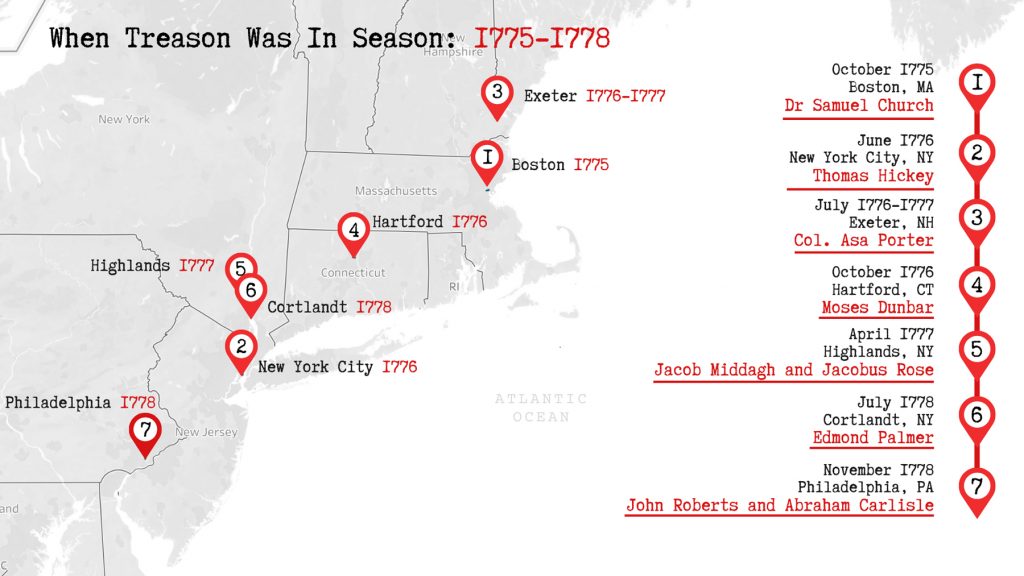
The issue of military trials for civilians had been on Washington’s mind even before the occupation of Philadelphia. On July 19, 1777, he inquired of the Congress’s Committee to Inquire into the State of the Army whether an American who “went to the Enemy some time past” could be tried by court-martial “and punished as a Spye.” The Committee on Spies’ second Resolve, on August 21, 1776 restricted such courts-martial to non-citizens or others not owing allegiance to one or more American states. The general appeared to be asking whether by joining the British, a person gave up his allegiance to America and could thus be prosecuted by court-martial. The Committee to Inquire into the State of the Army had been empaneled to examine complaints about the Commissary, but it was courts-martial for spies had captured Washington’s attention.[12]
Washington’s correspondence makes clear that he had been prompted by a letter just received from Maj. Gen. Israel Putnam, the commander-in-chief’s deputy in Westchester County, New York. Putnam had in hand “One Edmund Palmer” (also spelled “Edmond”) whom he described in language Washington’s letter would repeat: Palmer “went to the Enemy Some time past,” and “has ever Since been lurking about here plundering & driving off cattle to the Enemy, breaking up & robbing houses.”
“A Question is made, whether he may be Tried by a Genl Court martial by the articles of war,” Putnam continued, “because he belonged to this State & Owed Allegiance to it, I think, the Speedy Execution of Spie’s is agreable to the laws of Nature & nations & absolutely necessary to the preservation of the Army & without Such power in the Army, it must be incompetent for its own Safety.” He begged His Excellency’s “Advice & direction in the premises.” He noted that Palmer had claimed prisoner-of-war status but had no proof of a commission as a British officer. His Excellency was conversant with the laws but was no lawyer. He sought another opinion, this one from a committee of the Continental Congress.[13]
Washington’s measured action matched his general solicitude about applying the death penalty. At least twice in the year after the Committee’s Resolves were approved, the general advised subordinate commanders to exercise restraint in death-eligible cases.
“I would recommend the execution only of the most notorious, and such, whose punishment would strike Terror into their accomplices and adherents who are not yet apprehended,” Washington wrote on May 5, 1777. “By making Executions too common, they lose their intended force and rather bear the appearance of cruelty than justice.”[14]
His Excellency came down especially hard on subordinates who ignored the distinctions between military prisoners subject to court-martial and American civilians who were not. Such distinctions had been propounded by the Committee on Spies. On August 2, Philippe-Hubert Preudhomme De Borre, a Frenchman appointed general less than three months earlier, reported that he had recently convened a court-martial to hang a “guilty tory” near Bound Brook, New Jersey. The victim, the Frenchman reported, had been “executed in the Room Where Live the torys for the exemple.”[15]
Washington was having none of it. Writing back on the day the letter arrived, he allowed that De Borre had acted “with a good intention,” but still wished that “it had not happened.” He was convinced that, as a practical matter, such actions made the Continental army’s job harder. “In the first place it was a matter that did not come within the jurisdiction of martial law, and therefore the whole proceeding was irregular and illegal,” His Excellency wrote, “and will have a tendency to excite discontent, jealousy and murmurs among the people.”[16]
He seemed to do it rarely, but Washington sometimes bypassed what he called the “formality of a regular trial,” instead using a non-judicial procedure he called an “examination” to try civilians. Such was the case of Thomas Shanks, or Shank, a civilian who confessed to being a Loyalist spy after being captured near Philadelphia on May 30, 1778. Shanks was a former Continental Army officer who had been convicted by a court martial the previous October and was now a civilian. Washington knew that, but ordered an “examination” by a high-powered board of generals that included Benedict Arnold, Baron von Steuben, the Marquis de Lafayette, and Henry Knox to take the place of a trial.
“His [Shanks’] own confession is pretty ample,” Washington wrote on June 2, 1778. “To avoid the formality of a regular trial, which I think in such a case ought to be dispensed with, I am to request you will examine him and report the result; and if his guilt is clear, his punishment will be very summary.”[17]
They did, and it was. Not being an official court-martial, the board could only find facts and recommend a sentence, leaving its execution up to Washington. Three days after his capture, a majority of Shanks’ examiners judged him guilty and offered Washington their “Opinion that he ought to suffer Death by the Cord.”[18]
(The Shanks case encapsulates the uncertainties of loyalty and allegiance that the Committee on Spies was formed to address. After being cashiered from the army, Shanks sought to join the British as a spy. A British army sergeant was ordered to escort Shanks back to the American lines in the guise of a prisoner of war, to provide a cover story for the newly minted spy’s treachery. Along the way, though, the British soldier escorting Shanks decided to defect to the American side. He turned in the phony prisoner of war, gave up the ruse and spared Washington the burden of convening a trial.)
When His Excellency wished to detain a prisoner, the lack of charges or even a court in which to try his case was not necessarily an obstacle. The Continental Congress, which jailed Loyalists like former New Jersey Gov. William Franklin and New York Mayor David Mathews without charges or a trial, evidently felt the same way. The Congress never questioned their general’s decisions on whether and where to convene trials, nor did he question theirs. For both, perceived danger to the republic was the compelling circumstance.
The case of a colonel in a New Jersey militia unit illustrates the methods Washington employed when he believed that his army’s security was at risk. John Duyckinck fell under suspicion after going over to the British in late 1776, then returning to the American camp in early 1777. In April 1777, he was caught attempting to join the British—again. This convinced Washington that the apparently fickle Duyckinck was in fact a spy who was using his serial defections to observe American troop dispositions and report back to the British. He ordered Duyckinck held as a prisoner in Philadelphia, then transferred him to house arrest in New Jersey after the British took the city in September 1777. It was January 1779 before Duyckinck was released, never having been formally charged. Washington had concluded that Duyckinck was“so dangerous a Man” that “his being set at liberty and suffered to remain in the Country would create great Uneasiness.”[19]
None of this would have surprised Joshua Hett Smith. Smith, a thirty-one-year-old lawyer from Haverstraw in Rockland County, New York, came to Washington’s attention after doing a favor for the wrong man, Gen. Benedict Arnold, at exactly the wrong time. On the night of September 21, 1780, Smith agreed to pick up an officer from a British warship anchored in the Hudson River and row him to the western shore to meet Arnold. The following night, the British warship having departed, Smith conveyed the officer, Maj. John Andre, across the Hudson to Westchester County. The pair traveled some distance together as Andre made his way back toward the British lines at New York City. En route, Andre was stopped by American irregular troops, and found to have been assisting Arnold’s plan to betray the fort of West Point and defect to the British. Smith by this time had returned safely across the river to Rockland County.[20]
Arnold, who had escaped, wrote to Washington on September 25, attesting that the lawyer was ignorant of the plot or of Andre’s true identity and absolving him of guilt. Instead, this raised the general’s suspicions. He ordered Smith arrested and harshly interrogated, telling him, according to the prisoner’s later account, that he and Andre were clearly guilty, and “unless you confesswho were your accomplices,I shallsuspendyou both on yonder tree.” When this failed to prompt a confession, Washington threatened to apply the third degree. Within Smith’s earshot, he told aide and fellow inquisitor Alexander Hamilton that ‘‘I am not yet satisfied; take him into the back room; we must know something more about this business.” Shocked and angered by Arnold’s betrayal, Washington remained convinced that others were involved and that Smith knew more than he was telling.[21]
But the lawyer would not budge, so Washington ordered him to face a court-martial. (Andre, in contrast, was given an “examination” by a panel of generals, the same procedure that Washington had previously invoked to speed the resolution of cases like the Palmer matter that he considered clear cut.) Lawyer Smith, defending himself after being denied counsel, protested that New York’s constitution guaranteed him a civil trial. He further argued that the Committee on Spies’ August 1776 Resolve, under which the court-martial had been convened, did not apply to persons like Smith who owed allegiance to “any of the United States of America.” A charge of aiding the enemy, he argued, was wrongly based on a 1778 act of Congress and meant to apply only to early-in-the-war cases where civilian courts were not functioning.[22]
Smith won, but Washington was not finished. The court-martial agreed that it lacked jurisdiction to try most of the charges. On one point, the court-martial found that Smith’s actions had aided Arnold but that Washington’s prosecutor had failed to prove that he did so knowingly, effectively acquitting the lawyer of all charges. The general nevertheless ordered that Smith remain in custody, suggesting to New York’s governor that “Civil authority should interpose to demand him.” Smith stayed in jail for another seven months while a grand jury considered his case. He escaped in May 1781 and fled to England, where he spent more than a year preparing paperwork for a British claims commission formed to compensate Loyalists for property confiscated by Patriots. Smith claimed he was out more than £1,225.[23]
Smith, who never forgave or forgot, considered Washington a “tyrant” unhinged by Arnold’s betrayal. “This flagrant injustice will mark the savage ferocity with which their general sought my life, (not sufficiently glutted with that of the accomplished Andre),” he wrote in his 1805 memoir of the trial. He argued further that Washington had distorted the intent of Congress by misapplying its spying Resolve against a civilian. “It must appear strange to the world,” Smith wrote, “that Congress should violate those rights of citizenship, for which their country was drenched in blood.”[24]
Washington never explained why he sometimes preferred to send civilians to military rather than civilian courts. Perhaps he is not the “paragon and model of constitutional virtue” that modern scholars like Lederman and Beirne desire, but his record shows a consistency that should not go unremarked. The cases in which the general chose to apply military justice—swifter, harsher, lacking in some safeguards—involved defendants who Washington believed posed an imminent threat to the army and thus to the infant republic. His Excellency was happy to try profiteers, trimmers, men of the middle and lesser forms of traitor in civil court. Soldiers or civilians whose treason could, and sometimes did, endanger the mission were something else entirely.
As it turned out, the general was not alone in his doubts about Smith. On December 16, 1784, the Royal Commission on Compensation, sitting in London, interviewed the American lawyer, considered the credibility of his petition, and found it wanting. “Under all the Circumstances therefore of this case,” the commissioners wrote, “our present Opinion is that no Allowance should be given to Mr. Smith.”[25]
Washington’s reaction to the verdict is not recorded.
[1]Journals of the Continental Congress,1774-1789 (Washington, Government Printing Office, 1904-37), 5: 417 (JCC), Library of Congress, loc.memory.gov.
[2]George Washington to Josiah Quincy, March 24, 1776, Founders Online. The general described the difficulty of apprehending spies who were reporting on Colonial shipping. In late May and early June 1776, Washington and two of his generals met over several days in Philadelphia with a large committee of the Continental Congress to “concert a plan” for carrying the war forward, as Charles Francis Adams described it. The first action item that emerged was the creation of a committee on spies, approved June 5, 1776. JCC, 5: 417; John Adams, The Works of John Adams, Vol. 1, With A Life of the Author, Notes and Illustrations, By His Grandson, Charles Francis Adams (Boston: Little, Brown and Company, 1856), 225;Treason Act of 1351. Acts of the English Parliament1351, c. 2 (Regnal. 25_Edw_3_Stat_5), Section II.
[3]JCC, 5: 417, 475; Paul H. Smith, “The American Loyalists: Notes on Their Organization and Numerical Strength,” William and Mary Quarterly, 25, No. 2 (Apr 1968), 264, 269.
[5]Charles Francis Adams in John Adams, The Works of John Adams, 1: 225.
[6]B. Logan Beirne, “George vs. George vs. George: Commander-in-Chief Power,”Yale Law and Policy Review Vol. 26 No. 1 (2007), 298; Martin S. Lederman, “Of Spies, Saboteurs, and Enemy Accomplices: History’s Lessons for the Constitutionality of Wartime Military Tribunals,” Georgetown Law Journal, Vol. 105 No. 6 (2017), 1609.
[7]Joshua Hett Smith, An Authentic Narrative of the Causes Which Led to the Death of Major Andre, Adjutant-General of His Majesty’s Forces in North America (New York: Printed for Evert Duykinck, 1809), 116.
[8]JCC, 5: 784; Lederman, “Of Spies,” 1626.
[9]Henry W. Halleck, International Law and Laws of War (Philadelphia: J.B. Lippincott & Co., 1866), 103, 200, 203; James C. Neagles, Summer Soldiers, A Survey & Index of Revolutionary War Courts-Martial (Salt Lake City, UT: Ancestry Inc., 1986), ancestry.com/search/collections/1045.
[10]Washington to John Lacey, Jr., March 2, 1778, Founders Online.
[11] Washington to William Livingston, April 15, 1778, Founders Online; Israel Shreve to Washington, April 10, 1778, Founders Online.
[12]Washington to the Continental Congress Committee to Inquire into the State of the Army, July 19, 1777, Founders Online.
[13]Ibid.; Israel Putnam to Washington, July 19, 1777, Founders Online. An editor notes that the letter is dated July 18, but that an enclosure favors the July 19 date. The latter date better fits the timeline of the Palmer case. Palmer was subsequently tried by court-martial and hanged, with no recorded objection by Washington.
[14]George Clinton to Washington, May 1, 1977,” Founders Online; Washington to Clinton, May 5, 1977, Founders Online.
[15]Preudhomme de Borre to Washington, August 2, 1777, Founders Online.
[16]Washington to de Borre, August 3, 1777, Founders Online.
[17]Washington to a Board of General Officers, June 2, 1778,” Founders Online.
[19]Washington to William Livingston, April 14, 1777, Founders Online; Washington to John Duyckinck, January 16, 1779, George Washington Papers, Series 4.
[20]The Arnold-Andre story is compiled from primary and secondary sources. Among the former: Smith, An Authentic Narrative, esp. 9-36; Arnold’s letter to George Washington of October 1,1780, describing Andre’s mission and exonerating Smith, in Carl Van Doren,Secret History of the American Revolution (New York: Popular Library, 1969; originally published New York: Viking Press, 1941); 490-491; correspondence of Gen. Sir Henry Clinton, Andre’s superior, with Washington and others, ibid., 482-493. Secondary accounts include Van Doren, Secret History; Richard J. Koke, Accomplice in Treason, Joshua Hett Smith and the Arnold Conspiracy (New York: The New-York Historical Society, 1973); Bruce A. Rosenberg, The Neutral Ground: The Andre Affair and the Background of Cooper’s ‘The Spy’ (Westport, CT: Greenwood Press), 1994.
[21]Benedict Arnold to Washington,” September 25, 1780, Founders Online; Smith, An Authentic Narrative, 32, 34.
[22] Smith, An Authentic Narrative, 33, 73, 114, 115.
[23]Ibid.,114-115. Washington to Clinton, October 29, 1780,” Founders Online; Koke, Accomplice in Treason, Chapter 18.







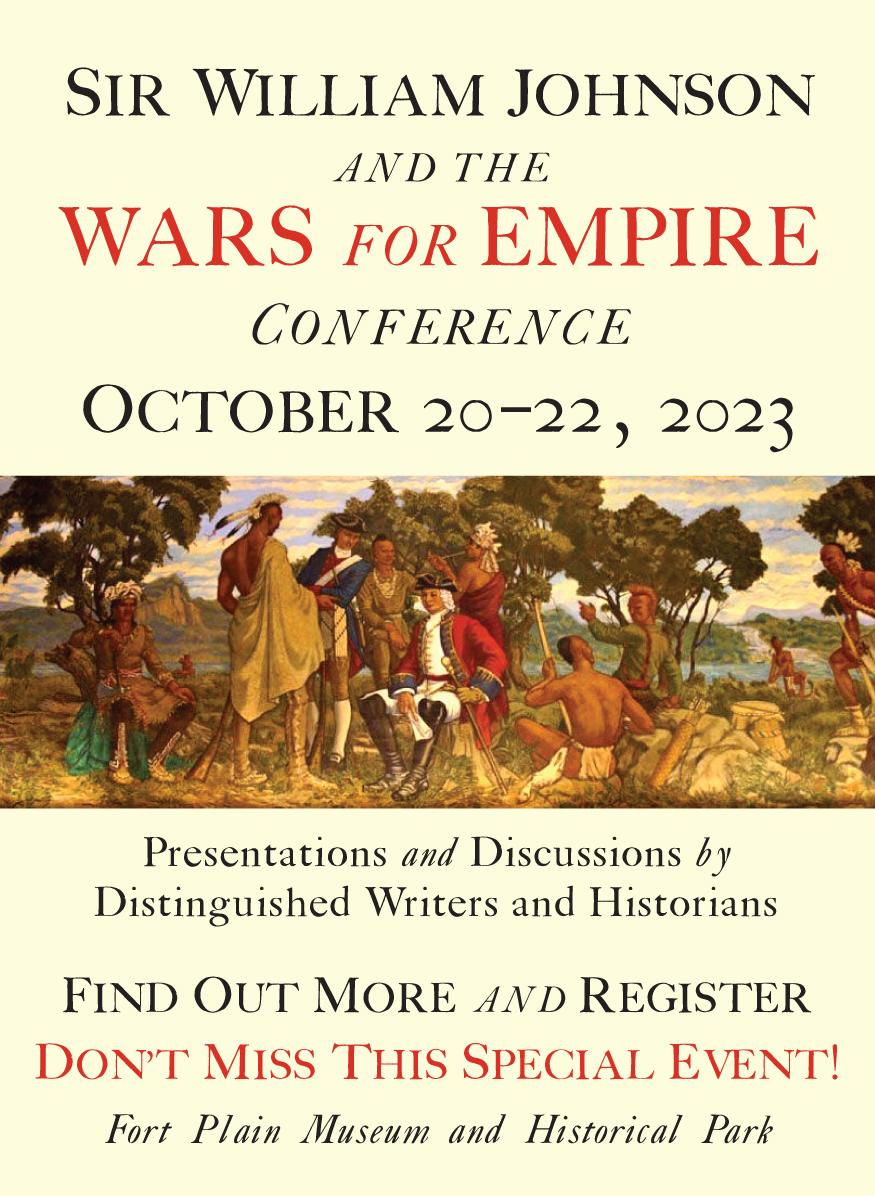



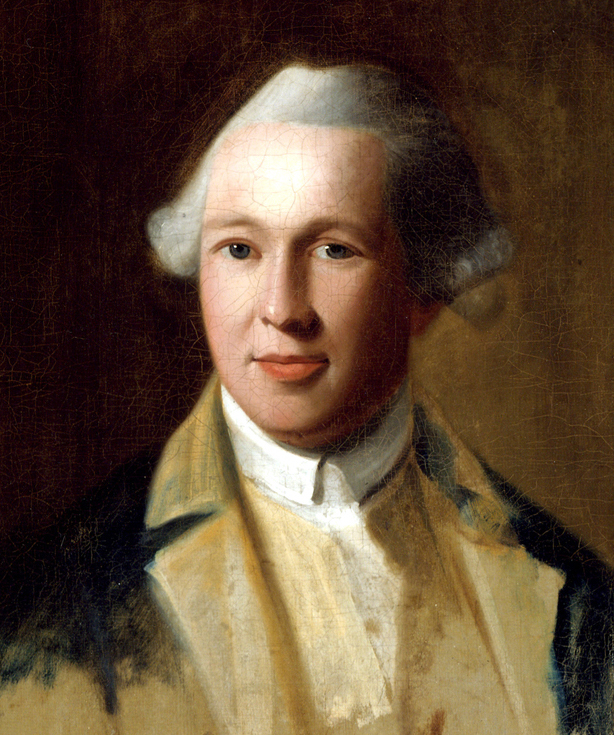
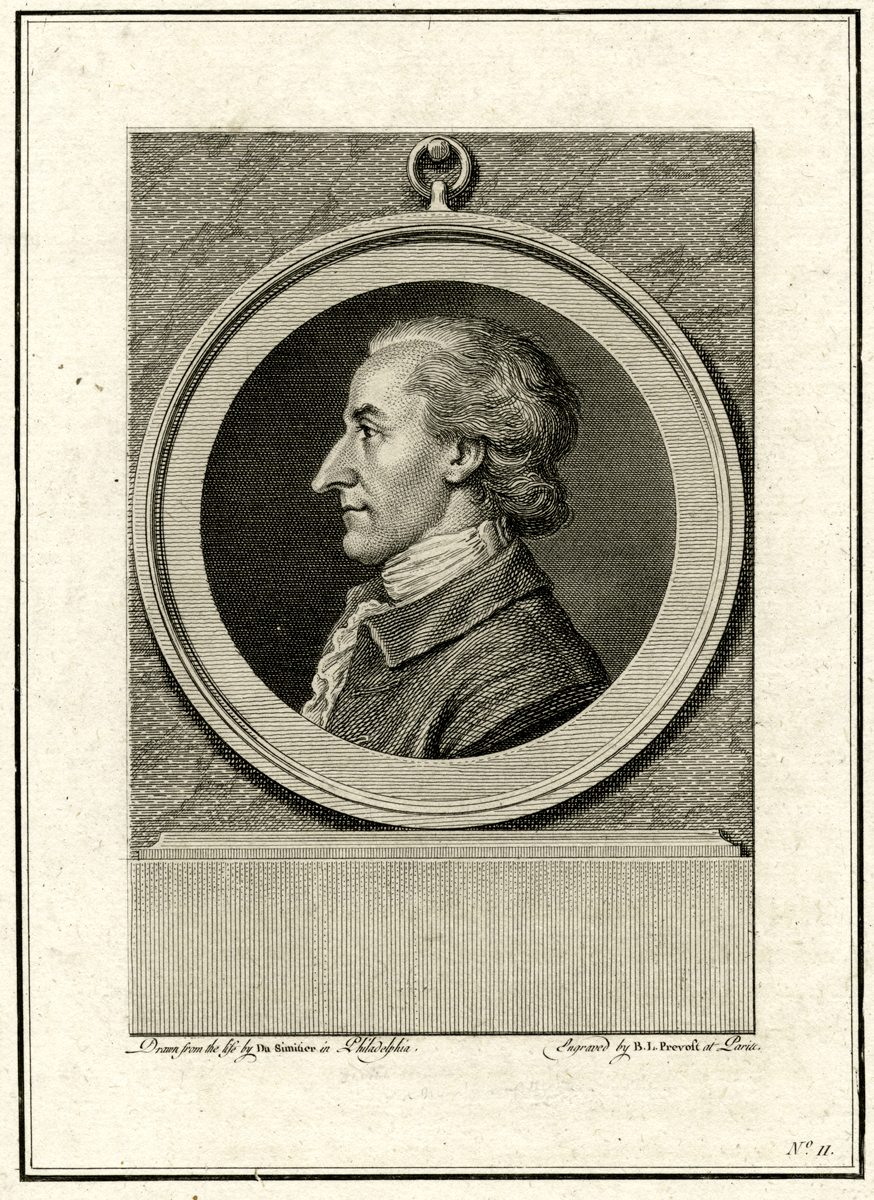
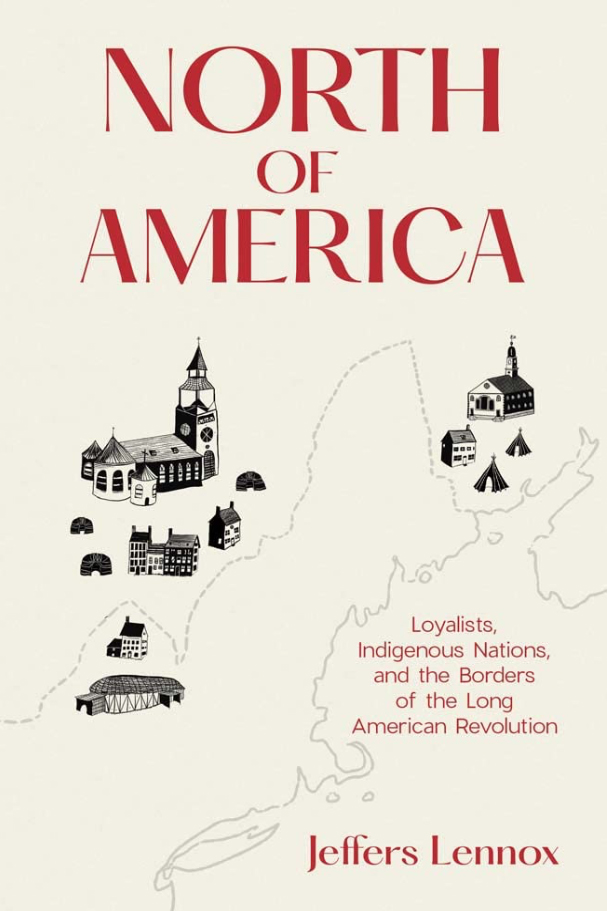
2 Comments
Thanks for this fascinating and well-written article.
A part of American history unknown to most. Impressive scholarship.